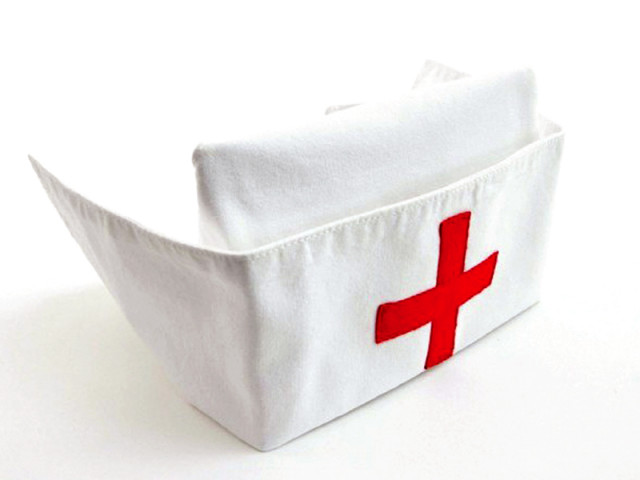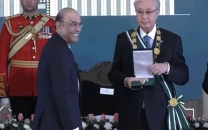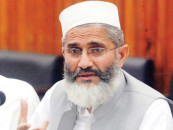Overworked nurses : FGH short of at least 24 nurses
Study reveals no new recruitments have been made at hospital since 2012.

Study reveals no new recruitments have been made at hospital since 2012.. ILLUSTRATION: EXPRESS
A study suggests that one of the public-sector hospitals in the federal capital is short of at least 24 nursing staff.
There has been a consistent increase in the number of patients who visit these government hospitals, while little has been done in terms of a proportional increase in nursing staff. The situation is adversely affecting staff performance.
In order to assess staff shortage and increased workload due to the increase in patients, an alumni of the Health Services Academy, Dr Mir Muhammad Hassan, has conducted a research on the Federal General Hospital at the National Institute of Health.
Hassan through his research hopes to generate evidence for future staffing needs and assist policymakers.
Currently, there are 23 junior nurses working in the indoor patient departments of the FGH, along with three heads and 20 staff nurses. The hospital was established in 2012. The number of patients, the study finds, has increased from 23,157 in 2012 to 84,142 in 2013 showing a threefold increase.
The increase in the number of patients has directly increased workload on the staff, recruited at the time the hospital began functioning.
Hassan, sharing findings of his research, said due to budget constraints, no new recruitment had been made since 2012 to meet the increased demands.
The FGH was established to ease pressure on other federal hospitals in the capital, and to cater to patients arriving from the outskirts and rural areas of Islamabad.
Hassan, through his study, has calculated workload on nursing staff at the indoor patients departments of the FGH.
He has calculated 67 per cent workload pressure on nursing staff of emergency and accident ward, 59 per cent on nurses working in obstetrics and gynaecology ward, 50 per cent on nurses working in the operation theatre, general medicine 29 per cent followed by 20 per cent workload on staff working in the surgery department.
Hassan’s research estimates maximum shortage of nursing staff in the emergency and accident department. The study suggests the department is short of at least 12 nurses.
Similarly, as per the study, the obstetrics and gynaecology department is six nurses short.
Moreover, the operation theatre at the FGH requires three nurses to work efficiently. Estimated shortage of nurses at the general and medicine ward is two and one nurse respectively.
The FGH, the study suggests, is facing an overall shortage of 24 nurses to efficiently cope with the current workload.
Solutions
Hassan suggested that nursing assistants could be recruited to reduce workload and recommended that the hospital should adopt workload indicators of staffing need-based staffing levels as the basis of their staff rationalisation and employment owing to its impartiality, consistency and reliability of results.
He said hospital statistics needed to be regularly updated, adding that the hospital management should consider redistribution of present nursing staff.
Similarly, senior nurses should be encouraged to take responsibilities to perform difficult tasks by themselves rather than to seek help from dressers and lady health visitors in high workload wards.
Published in The Express Tribune, July 27th, 2015.



















COMMENTS
Comments are moderated and generally will be posted if they are on-topic and not abusive.
For more information, please see our Comments FAQ